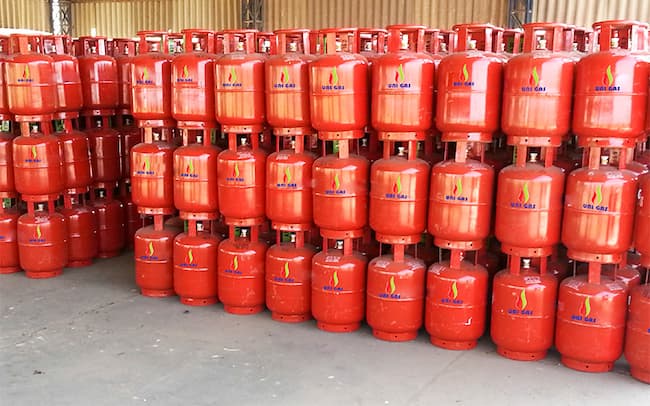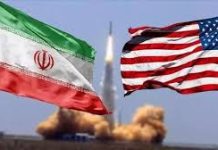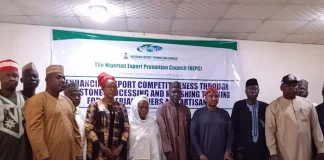As Nigerians face the rising cost of petrol, they are also grappling with the increasing price of Liquefied Petroleum Gas (LPG), commonly known as cooking gas, which has surged to N1,500 per kilogram.
The Managing Director/CEO of NIPCO Plc, Suresh Kumar, expressed optimism that the Dangote refinery and other local refineries would help reduce cooking gas prices. He highlighted that over 60% of Nigeria’s LPG consumption is currently imported, a significant factor in the price hikes.
Recent checks show that the price of cooking gas has reached N1,500 per kilogram in some retail outlets across Ogun and Lagos States. In Abuja, the price to refill a 12.5kg cylinder has soared by 41.6%, reaching N17,000. This is a sharp increase compared to N12,000 in July and N11,735 in January 2024. The price surge reflects market trends, impacting many consumers who rely on LPG for their daily cooking needs.
In August, Minister of State for Petroleum Resources (Gas), Ekperikpe Ekpo, vowed to address the rising costs by engaging regulators and gas producers. However, a recent market survey reveals that prices have continued to climb. For instance, in the Lokogoma area of Abuja, gas is now sold for N17,000, up from N12,000 just three months ago. In Kubwa, prices range from N16,200 to N16,500, while in outskirts like Bwari, Kurudu, and Jikwoyi, it is sold at N1,300 per kilogram.
Ogun State’s Commissioner for Environment, Ola Oresanya, warned that if the trend continues, many might turn to using charcoal for cooking. At a recent conference in Lagos, Kumar urged the government to encourage Chevron to convert more of its propane output into butane, a more suitable option for domestic use. He noted that less than 40% of the 1.5 million metric tonnes of LPG consumed in Nigeria is produced locally, making the country reliant on imports.
Kumar emphasized that increased local production from refineries like Dangote’s, which source crude oil in local currency, would help stabilize and reduce prices. He believes that as domestic output increases, Nigeria’s dependence on imported LPG will diminish, making the product more affordable by reducing the impact of foreign exchange fluctuations.
Boosting local production, he argued, could attract more investment in pipelines, storage, bottling facilities, and retail outlets across Nigeria. NIPCO, which entered the LPG market in 2004, has expanded its operations significantly. Its LPG facility in Apapa has grown from a 5,000 metric tonne capacity in 2008 to over 20,000 metric tonnes, supported by strategic partnerships.
Kumar stressed that while LPG is essential for households, compressed natural gas (CNG) will play a pivotal role in powering industries and transforming Nigeria’s transportation sector. He highlighted that domestic LPG consumption has grown from 50,000 metric tonnes annually when NIPCO entered the market to around 1.5 million metric tonnes today. Still, he believes significant potential remains untapped, as less than 60% of Nigeria’s 200 million people use LPG.
To harness this potential, Kumar called for collaboration with the Nigerian Midstream and Downstream Petroleum Regulatory Authority and other stakeholders to end gas flaring. He emphasized the need for substantial investments to capture and process flared gas, boosting domestic LPG supply from the current 1.5 million metric tonnes to at least 5 million metric tonnes annually.
Despite the challenges, Kumar remains confident that the market will correct itself in time, especially as more players enter the gas processing sector. He acknowledged that high prices have curbed consumption growth but believes that with increased local production, the LPG market will stabilize and become more affordable for Nigerians.













